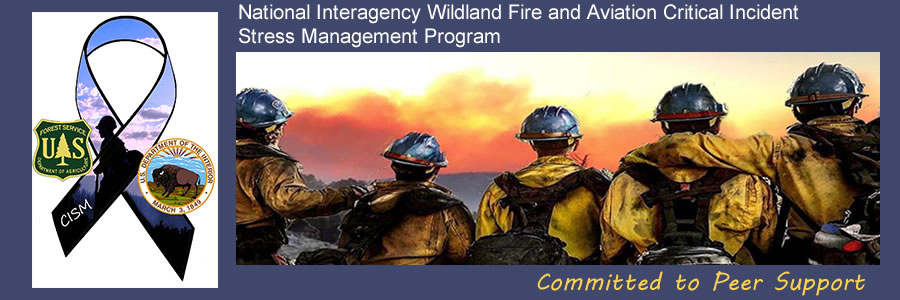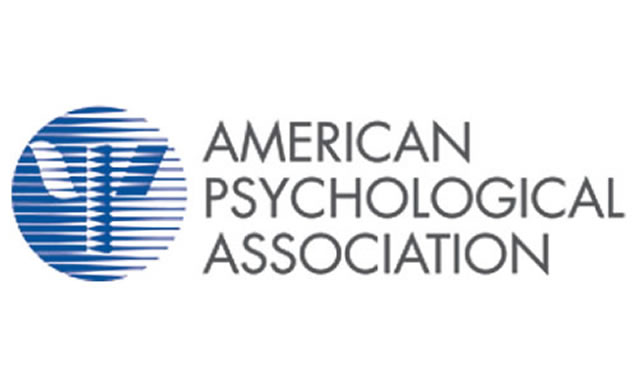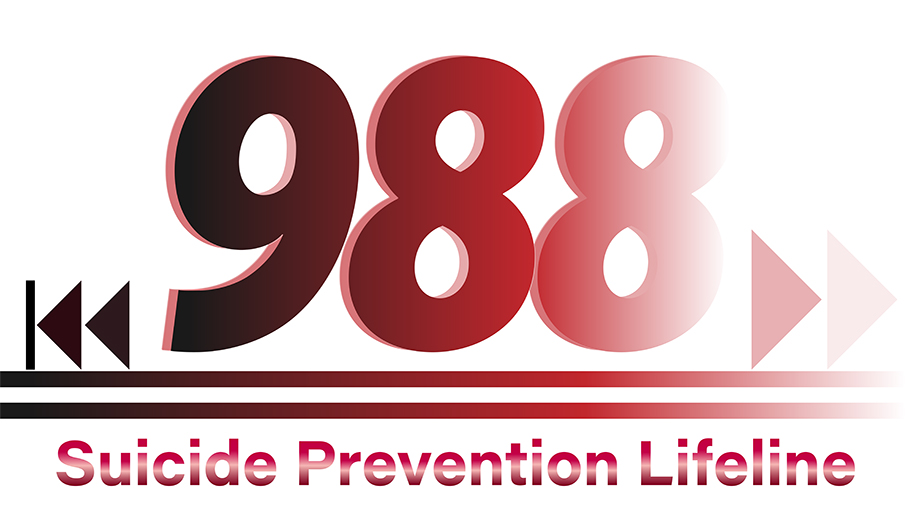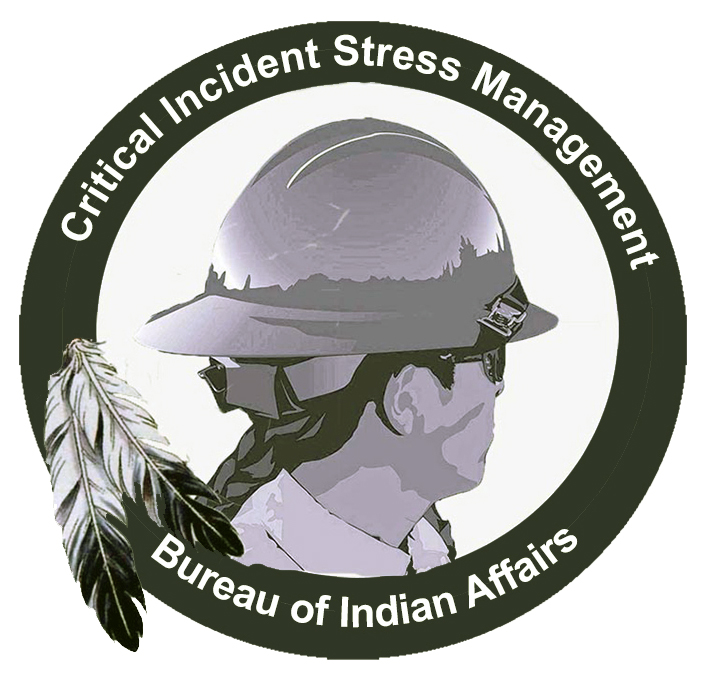Training, Supervised Experience and Certification
Carefully selected and approved crisis intervention training provides insight into “why” we do what we do. CISM training gives background and presents underlying research and rationale. Much like standardized fire and aviation training, CISM training ensures consistency and confidence in peer supporters to operate effectively and seamlessly. Training is not a one-time occurrence. Initial training should focus on skill development in communication, active listening, and problem assessment.
Continuing training is necessary to enhance problem-solving skills, provide a venue for group sharing of lessons learned, refresh CISM personnel on their skills, and introduce new concepts. Developing specific training needs in association with the defined roles of each Critical Incident Peer Support Group member, Peer Support Group Leader and CISM Coordinator is an essential element of the training program.

Training and Our Standard of Care
The International Critical Incident Stress Foundation (ICISF) offers a highly specialized training curriculum most useful for organizations with cultures having a history of mistrust in outside sources for crisis intervention. ICISF training courses are the most recognized by the wildland fire community. ICISF training and use of Peer Supporters has been adopted by the Bureau of Land Management (BLM) and the Bureau of Indian Affairs as the official established Standard of Care. The BLM and BIA also have stringent requirements for certification and experience as well as formal ethics, conduct, and confidentiality policies.
Peer Supporters are not to be used as a replacement for a Mental Health Professional and should never function independently. Not following established protocols would put them outside of their scope and boundaries of competence. Trained peer supporters provide short-term, supervised, incident-specific, and strategic crisis intervention services.
Upcoming CISM Training Courses

Certificate of Specialized Training
ICISF offers a “Certificate of Specialized Training” in CISM, designed to document the completion of a standardized curriculum in crisis intervention. This certificate does not indicate competence in the field, but rather the completion of the curriculum. Read More



.jpg)





